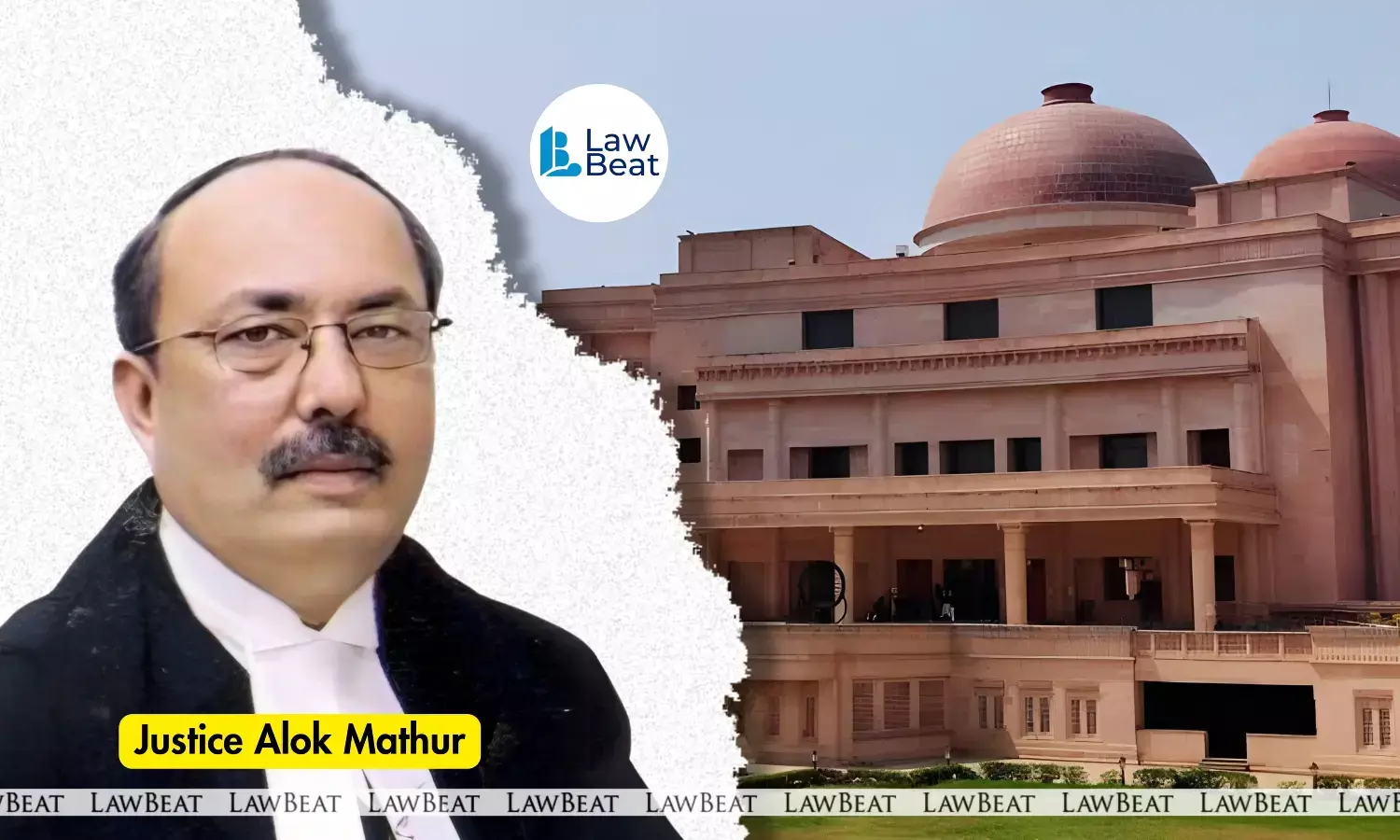'Convicts Can’t Claim Pilgrimage as a Right Under Article 21': Allahabad High Court Denies Bail for Hajj

The Allahabad High Court has rejected a short-term bail plea by a man convicted of culpable homicide, who sought release to undertake the Hajj pilgrimage. The court held that personal liberty under Article 21 of the Constitution cannot be stretched to override a lawfully imposed sentence.
The single-judge bench of Justice Alok Mathur dismissed the bail plea of Jahid, who had been convicted by the IV-Additional Sessions Judge, Bahraich, on March 26, 2025, under Sections 304/34 and 323 of the Indian Penal Code. He was sentenced to ten years' imprisonment for culpable homicide not amounting to murder, and six months for causing hurt.
Jahid, who has been in custody since the date of conviction, had approached the high court through an interlocutory application seeking temporary release from April 30 to June 18, 2025. He submitted that he had applied for Hajj in October 2024 along with his wife and had been selected for the pilgrimage scheduled between May 4 and June 16. The application emphasized his constitutional right to freedom of religion and liberty under Article 21.
Opposing the plea, the State argued that once a person is convicted and serving a sentence, their liberty is curtailed in accordance with law. The State contended that the concept of short-term bail or parole is not available for non-emergency, personal reasons like religious pilgrimage, especially when there are no statutory provisions supporting such relief.
Justice Mathur, agreeing with the State’s submission, held that personal liberty under Article 21 must be read in context of the conviction. “Once a person has found to be guilty and sentenced in accordance with law, it is mandatory to carry out the entire sentence and can be released only after the expiry of the sentence or in terms of various Government Orders and Rules pertaining to early release on the basis of his good conduct and other factors,” the court observed.
The judge further noted that courts have allowed parole in cases involving death, critical illness of close relatives, or life-threatening situations. “Incarceration subsequent to a conviction fairly amounts to curtail of the right to movement in accordance with provision of law and accordingly the same cannot be held to be arbitrary or illegal,” the court added.
Citing the Delhi High Court’s decision in Charles Sobhraj v. State, the bench emphasized that factors like gravity of the offence, possibility of absconding, and public interest weigh against granting such interim relief.
Court also relied on the Supreme Court’s ruling in Maneka Gandhi v. Union of India to clarify that while Article 21 protects the right to travel, it cannot be invoked to defeat a sentence lawfully imposed under due process.
"The right to do Pilgrimage tour to Haj is not an absolute right but can be curtailed since the appellant has been imprisoned and granting bail on this point may increase the chances of him fleeing outside the clutches of law of this country," court said.
“Such religious veneration can be duly exercised by him after serving his time in prison since there is no religious mandate to be complied with,” Justice Mathur held, "The right to do Pilgrimage tour to Haj is not an
absolute right, it can be curtailed," said the courtdismissing the application.
Case Title: Jahid vs State of UP
Download order here
